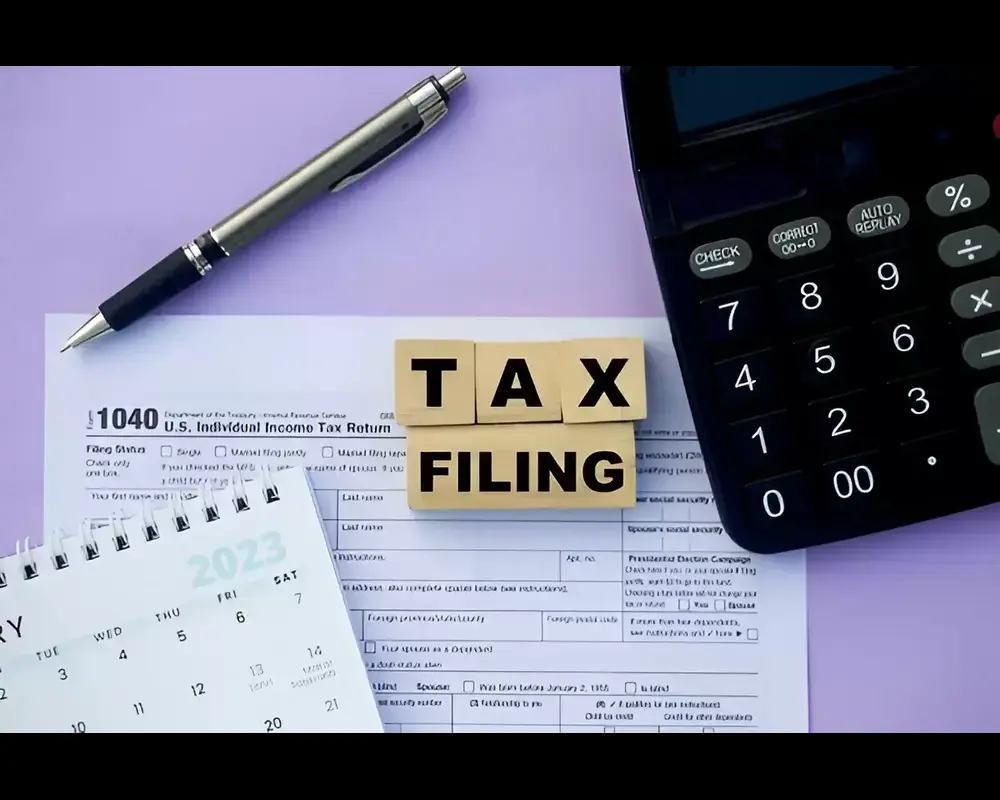1. Income Tax Return (ITR) Filing
After selling land, the seller must report the capital gains in their annual Income Tax Return for the relevant assessment year. Key aspects include:
- Filing under ITR-2 (for individuals with capital gains) or ITR-6 (for companies)
- Reporting the gross sale consideration, cost of acquisition, improvement, and transfer expenses
- Calculation and declaration of short-term or long-term capital gains, depending on the holding period
Capital gains must be disclosed even if they are exempt under Sections 54, 54F, or 54EC.
2. Advance Tax Payment (If Applicable)
If the capital gains tax liability exceeds ₹10,000 in a financial year, the seller is required to:
- Pay advance tax in quarterly installments as per prescribed deadlines
- Avoid interest penalties under Sections 234B and 234C of the Income Tax Act
- Use Challan ITNS 280 for making tax payments online or at designated banks
Advance tax is especially important for high-value property sales where TDS alone does not cover the entire liability.
3. TDS Reconciliation and Form 26AS Verification
Sellers must ensure that:
- The TDS deducted by the buyer (under Section 194-IA or 195) is correctly reflected in Form 26AS
- The buyer has filed Form 26QB (for residents) or Form 15CA/15CB (for non-residents)
- The TDS certificate (Form 16B) is received and matched with actual payment
This is crucial for claiming credit against tax liability in the ITR.
4. Capital Gains Exemption Documentation
If the seller is availing exemptions under:
- Section 54 (purchase of another residential house)
- Section 54F (investment in residential property from non-residential asset sale)
- Section 54EC (investment in capital gains bonds)
Then, the seller must declare exemption details in the ITR and maintain:
- Purchase agreements, bond receipts, bank statements
- Evidence of compliance with investment timelines and conditions
These documents may be required for scrutiny or verification by the Income Tax Department.
5. Deposit in Capital Gains Account Scheme (CGAS)
If the seller is unable to invest capital gains immediately in a qualifying asset:
- The amount must be deposited in a Capital Gains Account (Type A or B) before the due date of filing ITR
- The deposit proof must be reported in the return under capital gains exemption sections
This ensures continued eligibility for exemption under Section 54 or 54F.
6. Revised Asset Statement in ITR (If Applicable)
In case the seller is a:
- Company, LLP, or trust, they may need to revise their balance sheet and asset disclosures
- Individual or HUF, large transactions may be reported in the Schedule AL (Assets and Liabilities) if applicable
Proper asset disclosure helps maintain compliance with income reporting norms and wealth audit trails.
7. State-Specific or Municipal Disclosures
Some local jurisdictions may require post-sale declarations for:
- Stamp duty validation and land mutation
- Property tax update in municipal records
- Local cess or transaction levies, if applicable
These are administrative filings but must align with tax declarations for consistency.




